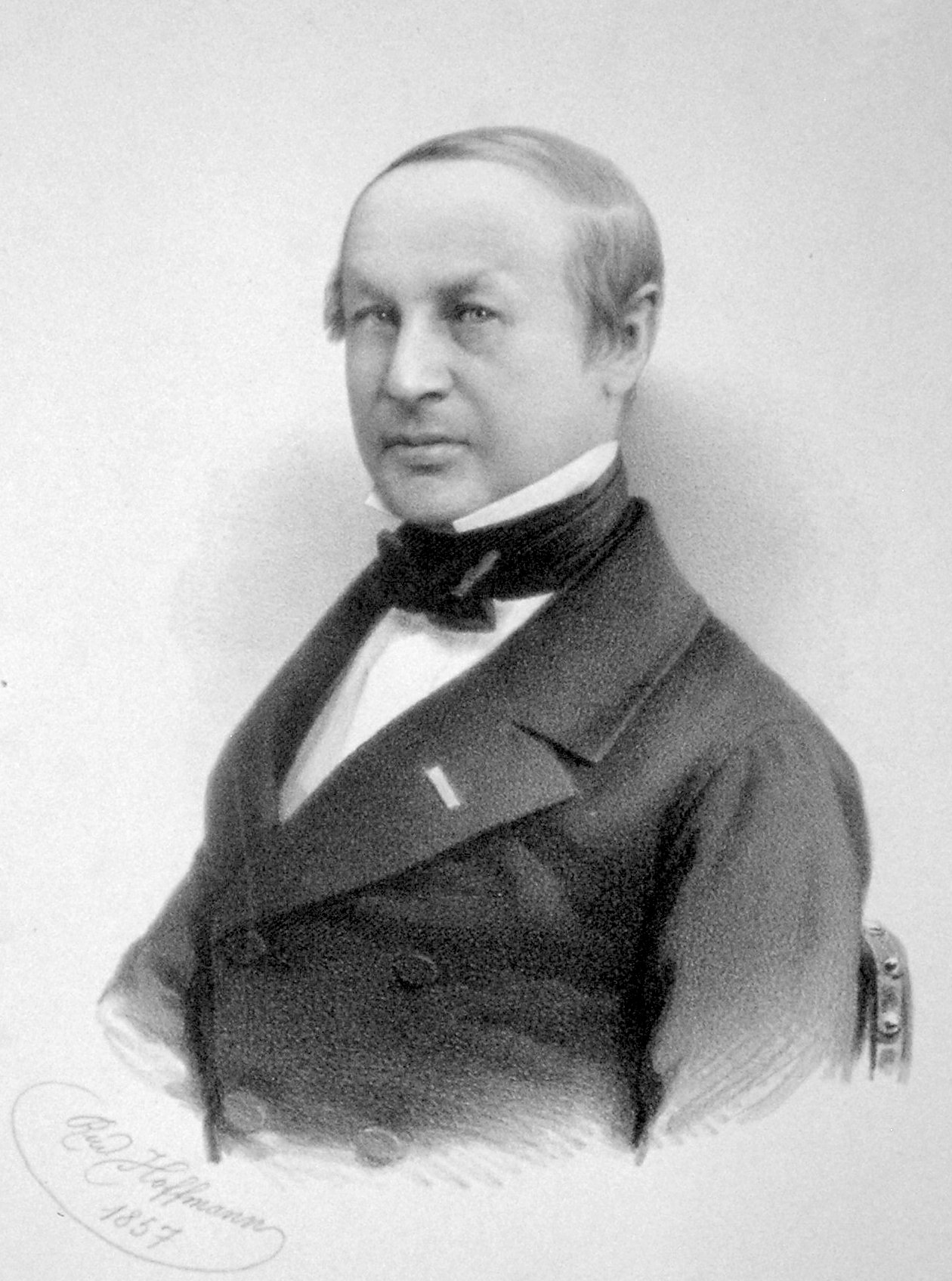Theodor Schwann: The Co-Founder of Cell Theory and Pioneer of Modern Biology
Theodor Schwann (1810-1882) was a German physiologist whose work laid the foundations of modern biology. Renowned as the co-founder of cell theory, Schwann’s contributions have profoundly shaped our understanding of cellular structure and function. Born on December 7, 1810, in Neuss, Germany, Schwann’s early education fostered a deep interest in the natural sciences, influenced by his father, who was a goldsmith and an enthusiastic hobbyist in scientific fields.
Schwann began his formal education at the University of Bonn, where he initially studied theology before shifting his focus to medicine and physiology. He completed his medical degree at the University of Berlin under the mentorship of the renowned physiologist Johannes Müller. Müller’s influence was pivotal, guiding Schwann toward a career in scientific research and discovery.
In 1838, Schwann published his landmark work on cell theory. Building on the observations of his contemporary Matthias Schleiden, Schwann extended the concept of cellular structure to animals. His research demonstrated that all living organisms, whether plant or animal, are composed of cells. This revelation established the cell as the fundamental unit of life, providing a unifying principle for biology. Schwann’s work culminated in the publication of his book, Microscopical Researches into the Accordance in the Structure and Growth of Animals and Plants (1839), which articulated the basic tenets of cell theory.
Schwann’s contributions to cell theory included identifying and describing the cell membrane, which he referred to as the “cytoblastema.” He proposed that cells arise from pre-existing cells, a concept that would later be refined by Rudolf Virchow. Schwann’s emphasis on the universality of cellular structure and function laid the groundwork for the development of cellular pathology and modern biomedical sciences.
In addition to his work on cell theory, Schwann made significant discoveries in physiology and microbiology. In 1836, he discovered pepsin, the first enzyme to be identified, which is crucial in the digestive process. His research on yeast and fermentation provided insights into the biological basis of fermentation, challenging the prevailing notion of spontaneous generation and contributing to the understanding of microbial metabolism.
Schwann’s work extended beyond theoretical biology. As a professor at the Catholic University of Leuven in Belgium, he continued to explore physiological processes and conducted research that advanced the study of animal and human physiology. His teaching and mentorship influenced a generation of scientists, spreading his ideas and methods across Europe.
Schwann’s scientific curiosity was complemented by his ability to apply rigorous observation and experimentation to biological questions. His interdisciplinary approach, blending anatomy, physiology, and microscopy, exemplified the scientific spirit of the 19th century, fostering advancements that bridged multiple fields of study.
Despite the acclaim he received during his career, Schwann was known for his modesty and dedication to teaching. He avoided the limelight, focusing instead on his research and contributions to science. His legacy, however, is enduring. Theodor Schwann passed away on January 11, 1882, in Cologne, Germany, but his work remains foundational in biology and medicine.
Today, Schwann’s contributions are celebrated as cornerstones of cell biology and physiology. His pioneering research provided a framework for understanding the cellular basis of life, influencing everything from medical diagnostics to biotechnology. The universal principles he established continue to guide scientific exploration and innovation.
#TheodorSchwann #CellTheory #Biology #Physiology #CellBiology #ScientificDiscovery #CellMembrane #Enzymes #Fermentation #BiomedicalScience
